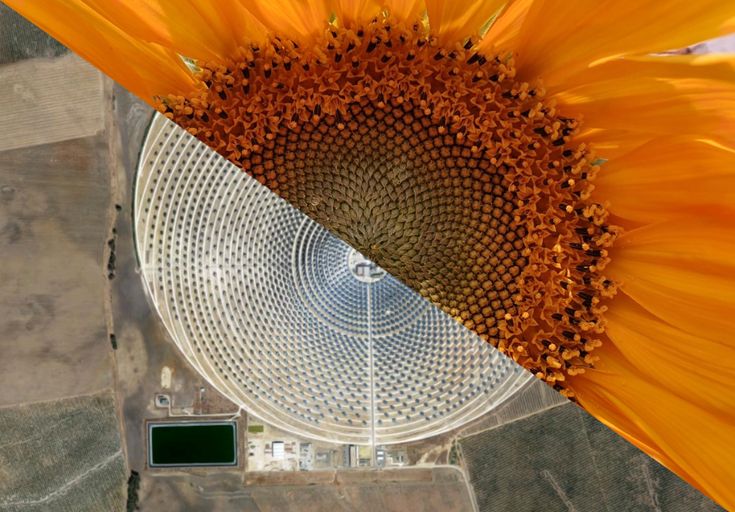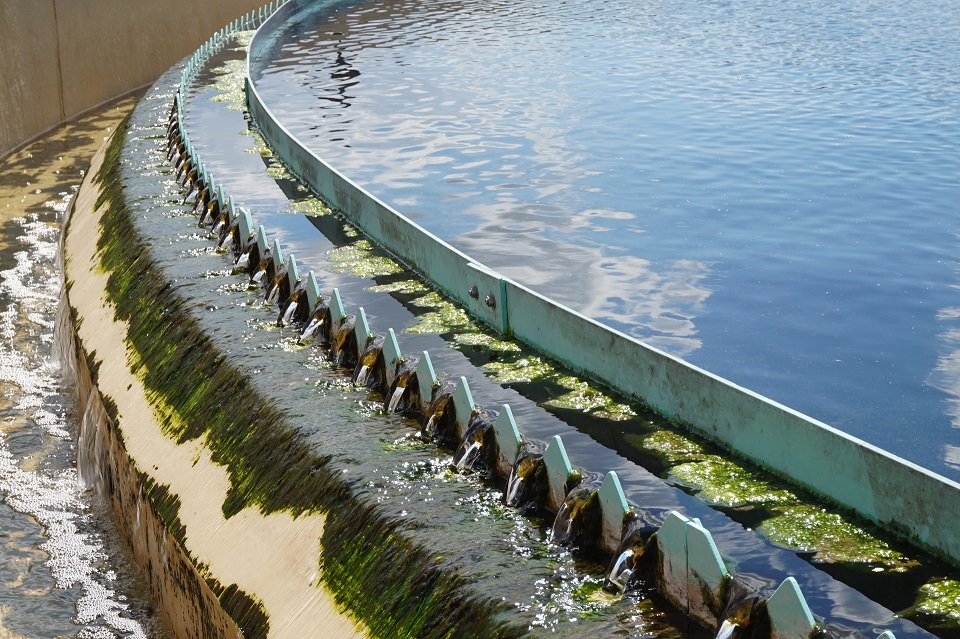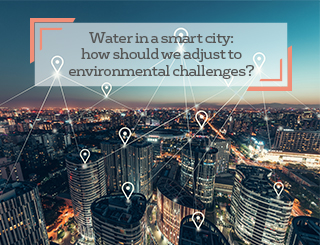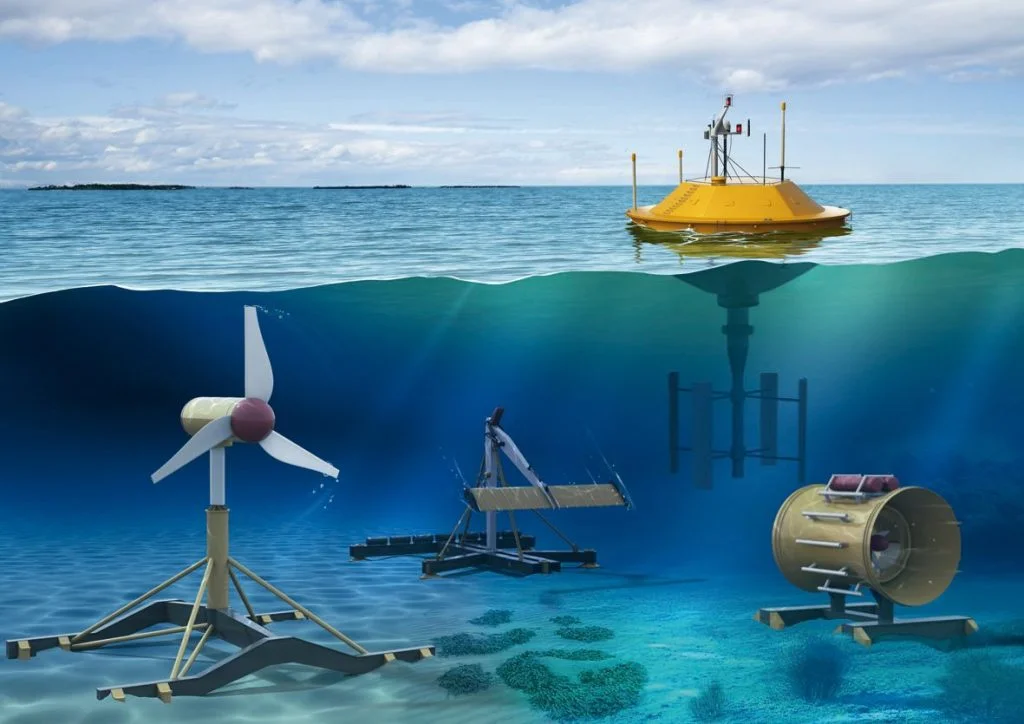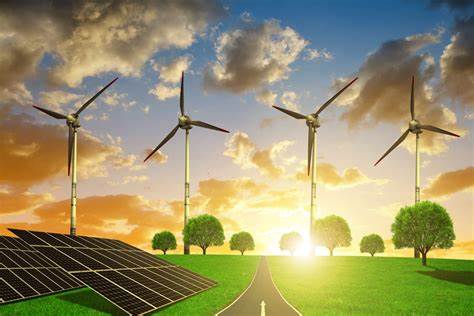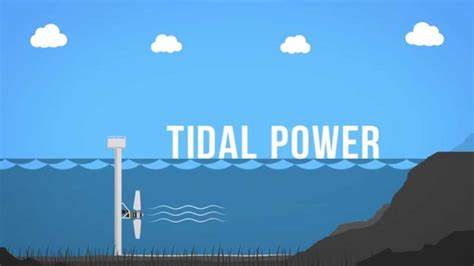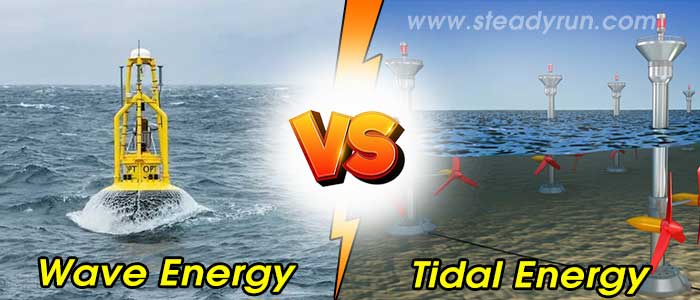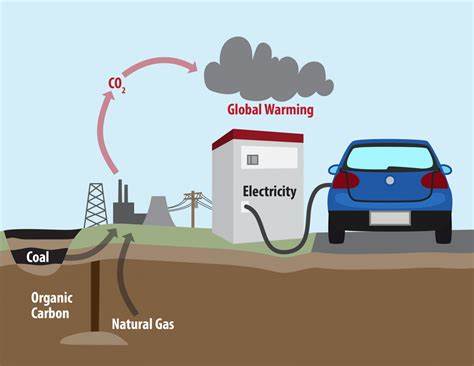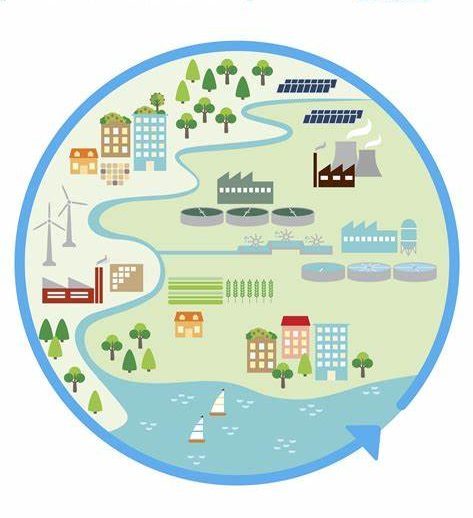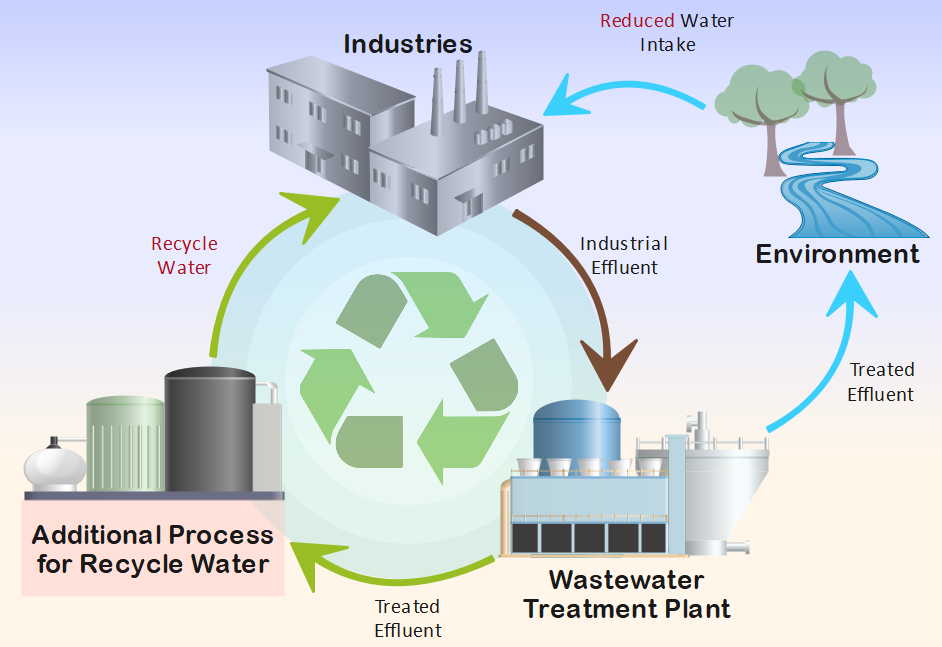Introduction Wastewater treatment is a critical process for ensuring the protection of the environment and public health. However, traditional methods often lack efficiency and sustainability. Biomimicry, a design approach inspired by nature, offers innovative solutions that can revolutionize wastewater treatment. By imitating natural processes and utilizing biological organisms, biomimicry presents a promising avenue for creating sustainable and efficient wastewater treatment systems. Relevance and Importance of the Topic The environmental impact of wastewater treatment cannot be ignored. Improperly treated wastewater can contaminate water bodies, harm aquatic life, and pose risks to human health. It is crucial to explore alternative solutions that…
Author: jenks2026
The Role of NGOs in Promoting Accessible Wastewater Treatment Introduction Promoting accessible wastewater treatment is crucial for ensuring public health and environmental sustainability. This article aims to explore the historical background, key concepts, main discussion points, case studies, current trends, challenges, controversies, future outlook, and the significance of NGOs in promoting accessible wastewater treatment. Historical Background Throughout history, wastewater treatment systems have evolved to address the growing need for proper sanitation. From ancient civilizations’ rudimentary methods to modern-day advanced technologies, the development of wastewater treatment has played a pivotal role in improving public health and protecting the environment. Milestones and…
Introduction The future of wastewater transportation holds immense importance in ensuring sustainable and efficient management of this vital resource. This article will explore innovative approaches and emerging technologies that go beyond traditional pipe-based systems. By delving into the historical background of wastewater transportation and highlighting key concepts and definitions, we can discern the relevance and potential impact of this evolving field. Historical Background Wastewater transportation has undergone significant transformations over the years. Initially, manual labor was employed to transport waste from households to disposal sites. As urbanization grew, pipe-based systems became the norm, enabling the efficient collection and transmission of…
Introduction Wastewater treatment upgrades play a crucial role in maintaining the health of ecosystems and protecting public health. However, the cost of these upgrades can often be a major hurdle for municipalities and organizations. This article aims to shed light on the importance of wastewater treatment upgrades and the significance of innovative financing models in overcoming these financial barriers. Historical Background Understanding the historical context of wastewater treatment upgrades helps us appreciate the advancements made in financing models. Throughout history, wastewater treatment has evolved from basic systems to complex infrastructure. Previous financing models included traditional public funding, which often fell…
Public-Private Partnerships for Sustainable Wastewater Infrastructure: Unlocking the Potential for a Cleaner Future Introduction Public-Private Partnerships (PPPs) have become increasingly important in the realm of wastewater infrastructure as a means to achieve sustainability goals. This article explores the definition and significance of PPPs for sustainable wastewater infrastructure, shedding light on the historical background and key concepts. Historical Background The management of wastewater infrastructure has evolved over time, with the recognition of the need for efficient and effective systems. This section delves into the historical progression of wastewater infrastructure management. Additionally, it explores the emergence and development of PPPs in the…
Introduction The topic of building resilience against pandemics through wastewater monitoring is crucial in the context of pandemic preparedness and response. With the ongoing global health crisis caused by the COVID-19 pandemic, it is evident that early detection and effective surveillance systems are essential in mitigating the spread of infectious diseases. This article aims to provide a comprehensive overview of the role of wastewater monitoring in pandemic preparedness and response, along with its historical background, key concepts and definitions, main discussion points, case studies, current trends, challenges, future outlook, and a conclusion summarizing the key takeaways. Historical Background Wastewater monitoring…
Smart Cities and Wastewater: A Perfect Match for a Sustainable Future Historical Background Evolution of Smart Cities Cities have continuously evolved throughout history to address the needs of their inhabitants. From the invention of the wheel to the development of telecommunication networks, cities have always been at the forefront of innovation. Historical Evolution of Wastewater Management Wastewater management has also undergone significant changes over time. Primitive civilizations used basic methods such as open pits and drainage systems to dispose of wastewater. As societies advanced, more sophisticated systems were developed to treat and manage wastewater. Key Concepts and Definitions Smart Cities:…
Introduction Sustainable tourism and responsible wastewater management are crucial for promoting environmental conservation and community development. By embracing sustainable practices and effective wastewater management, the tourism industry can minimize its ecological impact and contribute to the well-being of local communities. This article explores the history, key concepts, discussion points, case studies, current trends, challenges, and future outlook of sustainable tourism and wastewater management. Historical Background Before sustainable tourism practices emerged, the industry had a significant negative impact on the environment. Neglected wastewater management led to pollution of natural water bodies. However, the need for sustainable tourism practices eventually arose, leading…
Wave and Tidal Energy: Harnessing the Power of the Ocean Introduction: Wave and tidal energy have emerged as promising sources of renewable energy with the potential to revolutionize the global energy landscape. This article will delve into the concepts of wave and tidal energy, highlighting their relevance and importance in the quest for sustainable energy solutions. Historical Background The history of wave and tidal energy dates back centuries, with early civilizations recognizing the power of the ocean. However, significant advancements were made in recent decades in harnessing this energy. This section will explore the early attempts and breakthroughs that paved…
Wave and Tidal Energy: Powering the Future of Renewable Energy Introduction Renewable energy sources have become increasingly important in the face of climate change and the need for sustainable power generation. Wave and tidal energy offer promising alternatives to traditional fossil fuel-based energy, with the potential to reduce greenhouse gas emissions and provide clean, reliable power. In this comprehensive article, we will explore the historical background, key concepts, technological advancements, case studies, current trends, challenges, and future outlook of wave and tidal energy. Historical Background The utilization of wave energy can be traced back to ancient civilizations, who harnessed the…
Renewable Energy Sources: A Path to a Sustainable Future Introduction Renewable energy sources have become a crucial topic in today’s world as we strive for a more sustainable future. The need for clean, reliable, and accessible energy has never been more important. This article aims to provide a comprehensive overview of renewable energy sources, their historical background, key concepts and definitions, main discussion points, case studies or examples, current trends or developments, challenges or controversies, future outlook, and a concluding summary. Historical Background The history of renewable energy sources dates back centuries, with early civilizations harnessing the power of wind,…
Introduction Wave and tidal energy are forms of renewable energy derived from the ocean’s natural movements. These sources have gained increasing attention due to their potential as clean and sustainable alternatives to traditional fossil fuels. In this article, we will explore the historical background, key concepts, advantages and disadvantages, economic implications, technological advancements, case studies, current trends, challenges, future outlook, and the importance of wave and tidal energy in shaping our renewable energy landscape. Historical Background The history of wave and tidal energy can be traced back to ancient civilizations that used the power of the ocean for various purposes.…
Introduction Renewable energy sources such as wave and tidal energy have the potential to significantly contribute to the global energy transition. In this article, we will explore the differences between wave and tidal energy, their historical background, key concepts, main discussion points, case studies, current trends, challenges, controversies, future outlook, and conclude with a summary of the main points discussed. Historical Background Wave energy has been harnessed and studied for centuries, with early developments dating back to the 18th century. Inventors first explored the possibility of using wave power to generate electricity during this time. Over the years, advancements in…
Introduction Harnessing Energy from Ocean Currents has emerged as a promising solution to meet the increasing demand for sustainable power generation. This article explores the history, key concepts, and various techniques involved in tapping into the potential of ocean currents. Additionally, it delves into the environmental, economic, and social implications of this technology, along with real-world case studies and recent developments. Historical Background Throughout history, humans have recognized the potential of ocean currents as a source of energy. The utilization of ocean currents for power generation dates back to ancient times, where civilizations used tidal mills to grind grains. Over…
Underwater Turbines: Harnessing Clean and Sustainable Energy Introduction The increasing focus on renewable energy solutions has brought underwater turbines into the spotlight. These turbines, also known as tidal turbines or marine current turbines, have the potential to generate electricity by harnessing the power of water currents. This article aims to provide a comprehensive understanding of underwater turbines and their role in developing clean and sustainable energy sources. Historical Background The concept of underwater turbines can be traced back to the early 20th century when engineers and scientists started exploring the possibilities of harnessing tidal power. Over the years, significant milestones…
Introduction Ocean energy has emerged as a promising renewable energy source, harnessing the power of waves, tides, and currents to generate electricity. With its vast potential, it offers a sustainable solution to meet our growing energy demands while reducing reliance on fossil fuels. However, as we embrace this alternative, it is crucial to address the environmental concerns associated with ocean energy projects. Historical Background The development and utilization of ocean energy can be traced back to centuries ago, with early civilizations using tidal mills to grind grains. Over time, advancements in technology have led to the exploration of various forms…
Effects on Marine Ecosystems: An In-depth Analysis of the Impact and Importance Introduction Marine ecosystems are incredibly diverse and play a vital role in the overall health of our planet. However, they are facing numerous threats due to human activities. This article aims to provide a comprehensive exploration of the effects on marine ecosystems, highlighting their relevance and importance. Historical Background Throughout history, human activities have had a significant impact on marine ecosystems. From overfishing to pollution, these activities have caused lasting damage to marine life and habitats. Over time, scientific understanding of these effects has evolved, leading to a…
Introduction The topic of comparing environmental impact to fossil fuels is of utmost importance in today’s world. As the effects of climate change become more apparent, it is crucial to understand how different energy sources contribute to environmental degradation. This article aims to delve into the various aspects of environmental impact assessment in relation to fossil fuels, highlighting its relevance and importance in shaping a sustainable future. Furthermore, it will shed light on who may be impacted by these findings, including policymakers, industries, and individuals alike. Historical Background Fossil fuel usage has a long-standing history, dating back to the Industrial…
The Role of Wastewater Treatment in Sustainable Urban Development Introduction Wastewater treatment and sustainable urban development play crucial roles in ensuring a healthy environment and quality of life for urban dwellers. This article provides an in-depth overview of the historical background, key concepts, main discussion points, case studies, current trends, challenges, future outlook, and the importance of wastewater treatment and sustainable urban development. Historical Background The evolution of wastewater treatment practices can be traced back to ancient civilizations such as the Indus Valley and Mesopotamia, where early systems were used to manage waste. These practices have since evolved into sophisticated…
Optimized Title: Economic Benefits and Challenges of Wastewater Reuse: Analysis and Insights Introduction Wastewater reuse is a vital practice in addressing water scarcity and promoting environmental sustainability. This article explores the significance of understanding the economics of wastewater reuse in today’s world. Historical Background Throughout history, civilizations have recognized the value of wastewater for irrigation purposes. Over time, wastewater treatment processes and regulations have evolved to meet the increasing water demand. Scarcity of water has led to a shift towards wastewater reuse as a sustainable solution. Key Concepts and Definitions Understanding the processes and technologies involved in wastewater treatment is…


